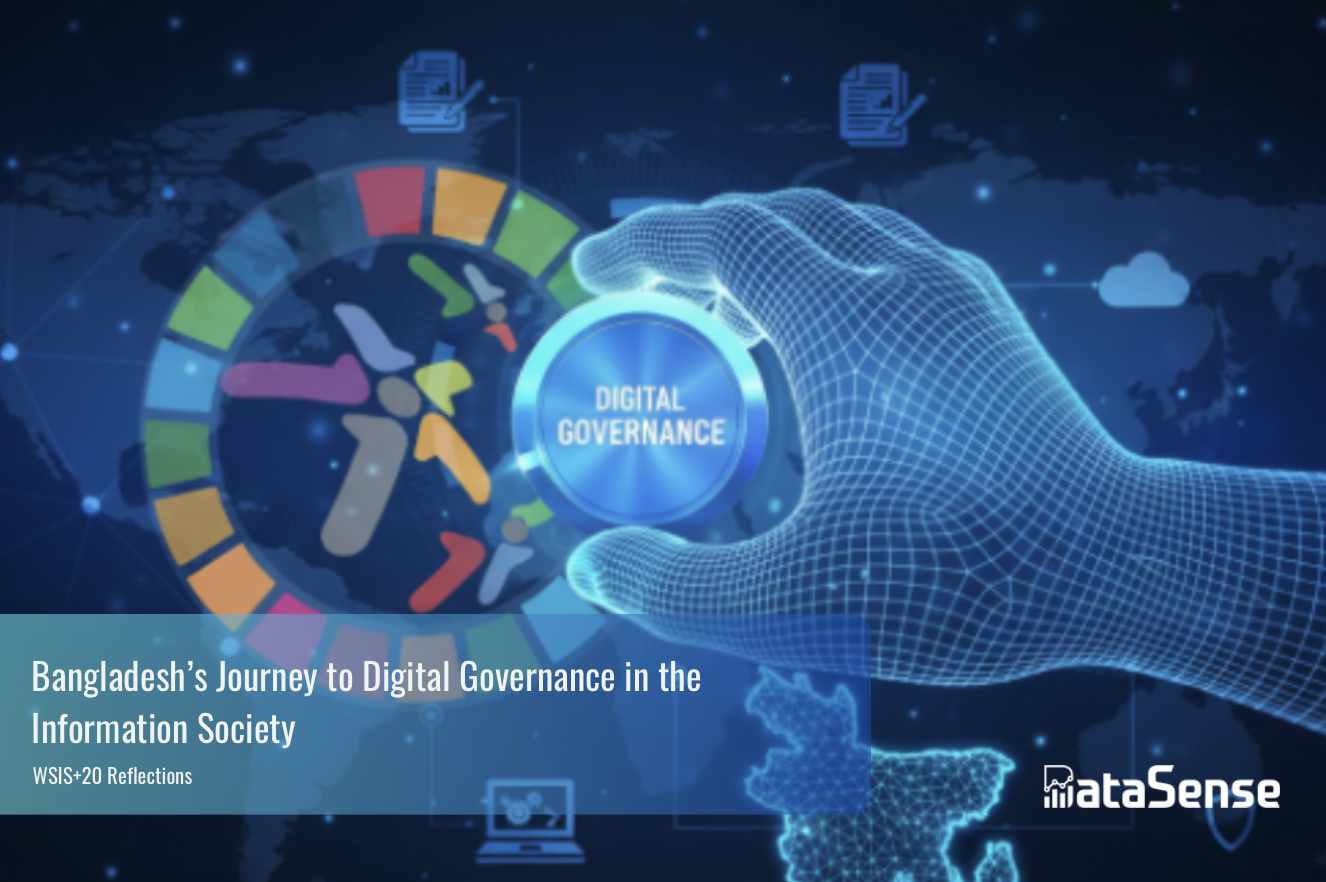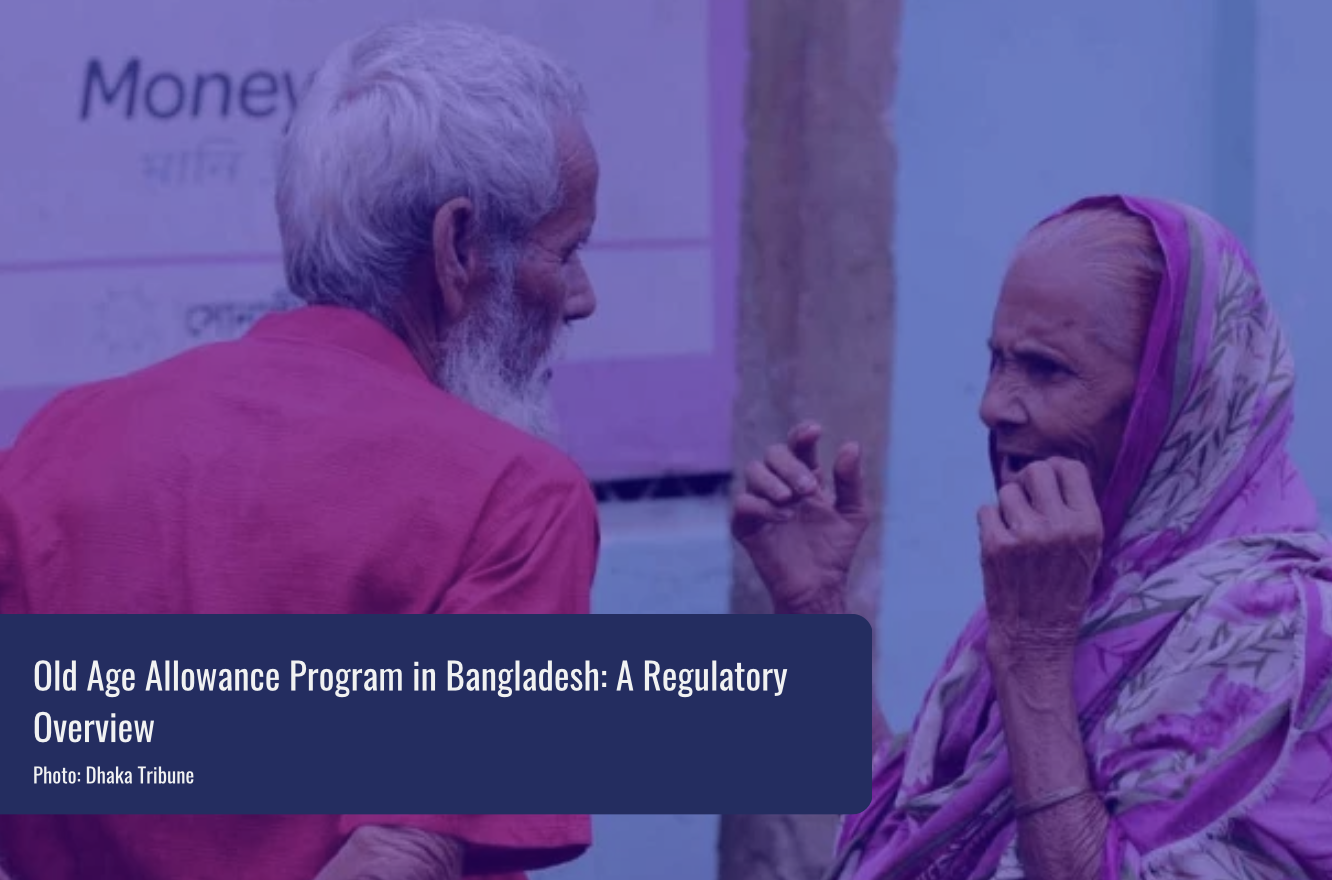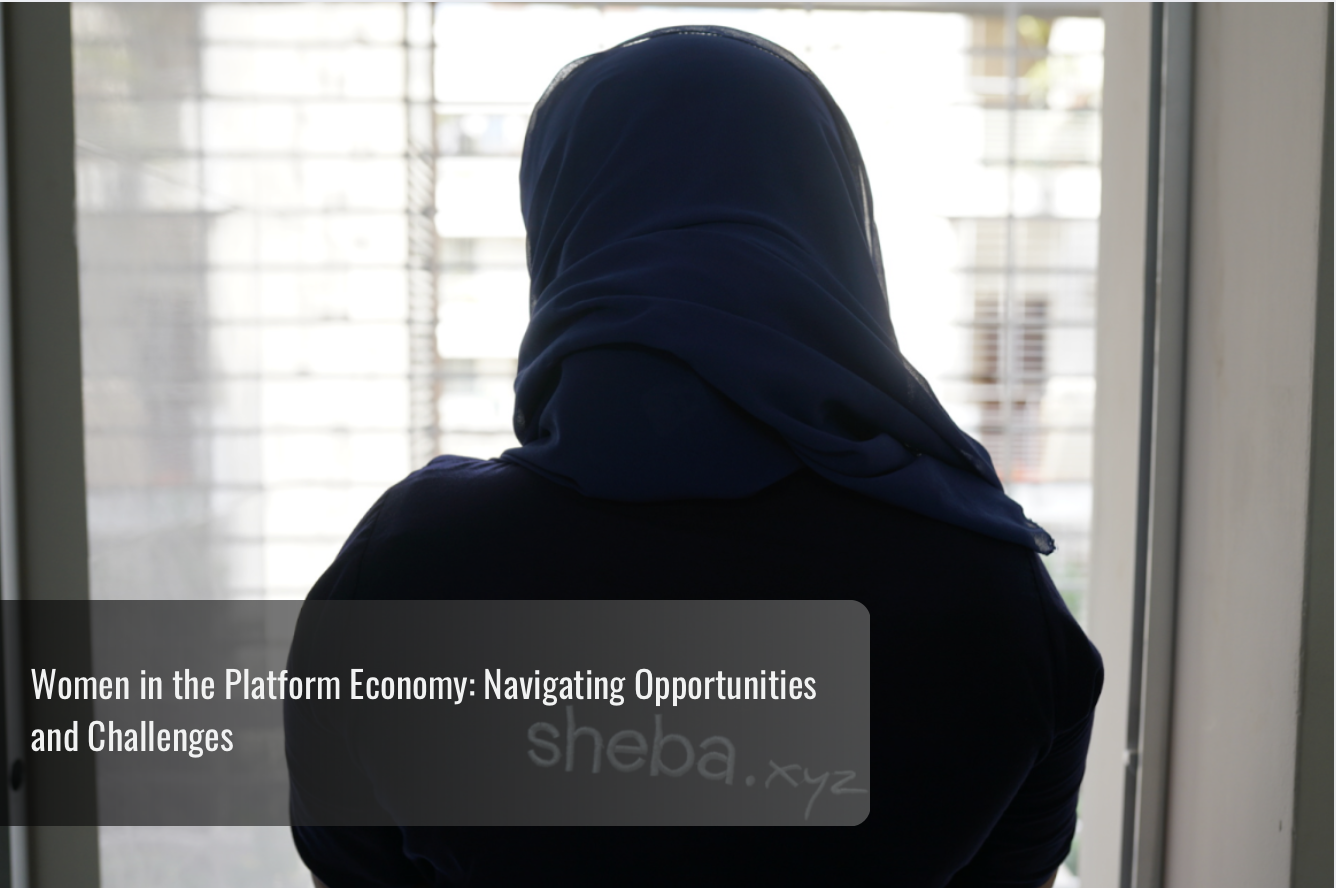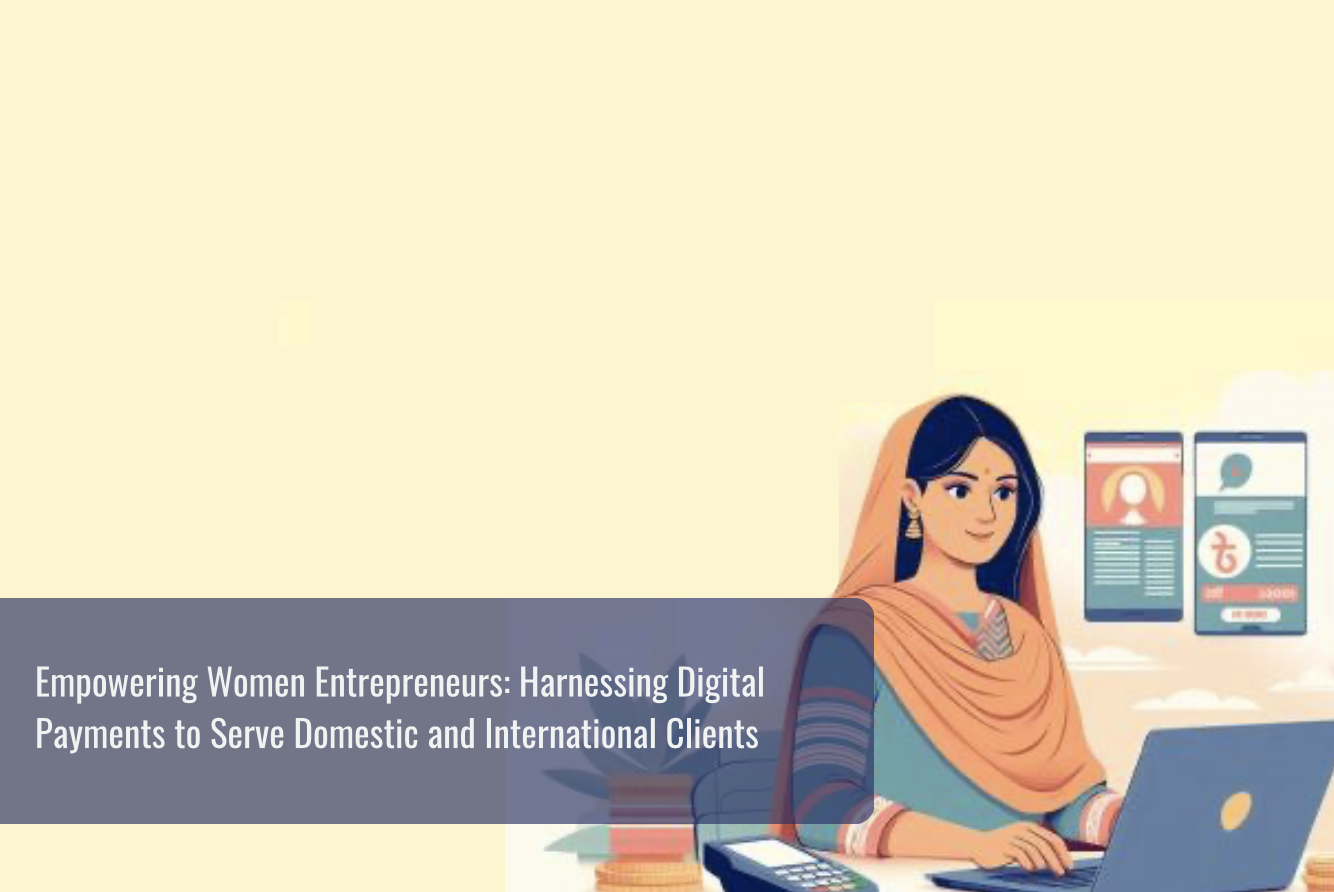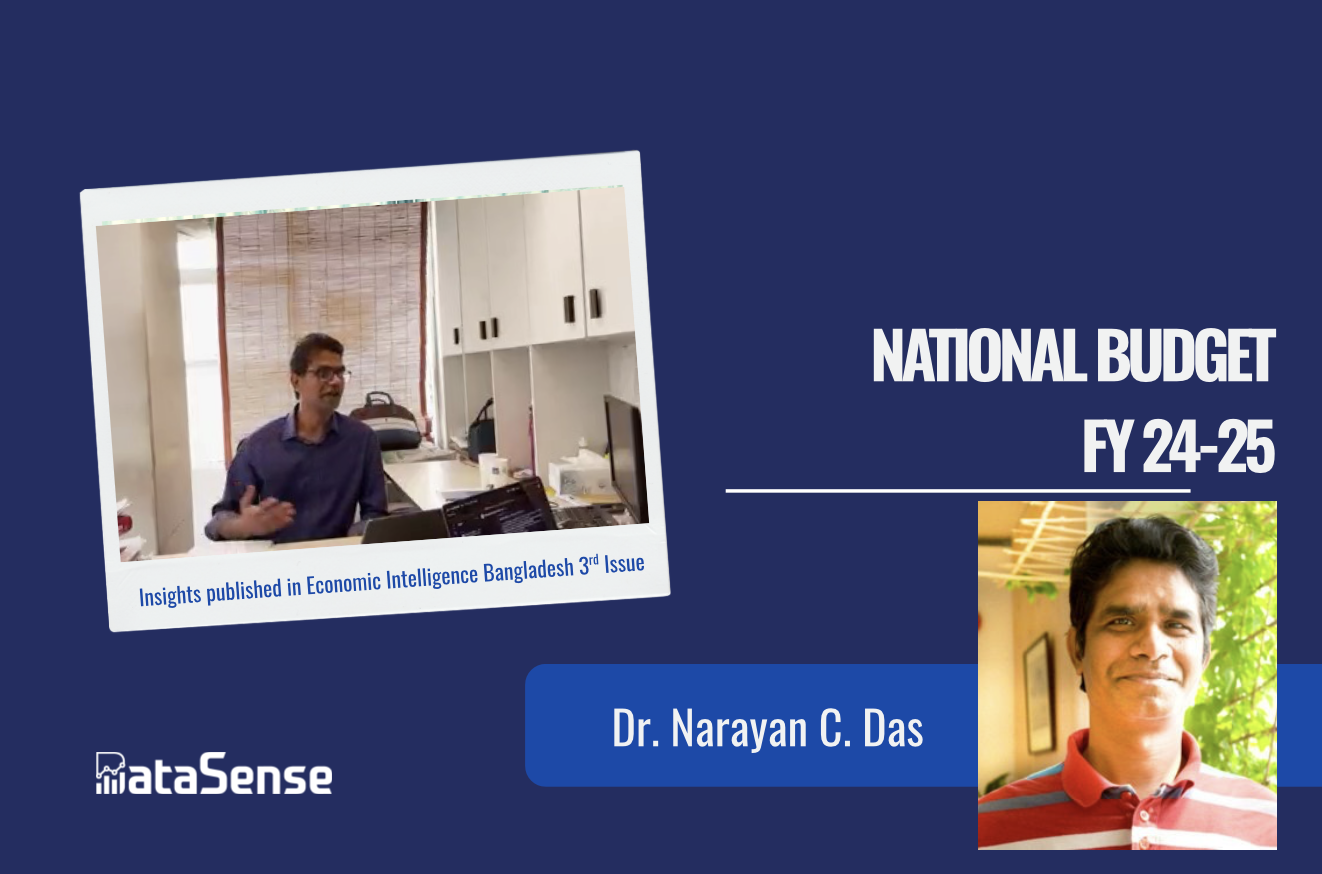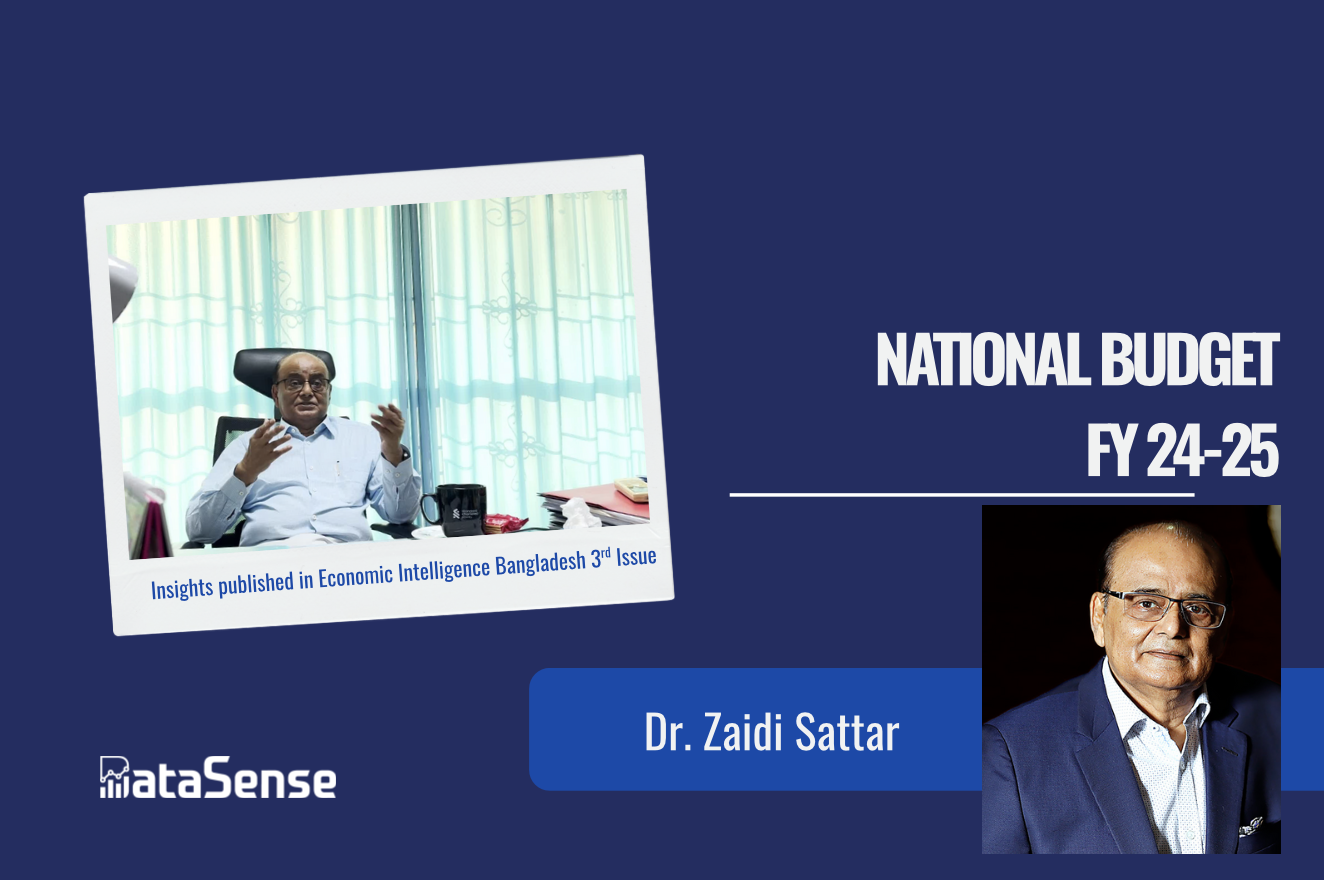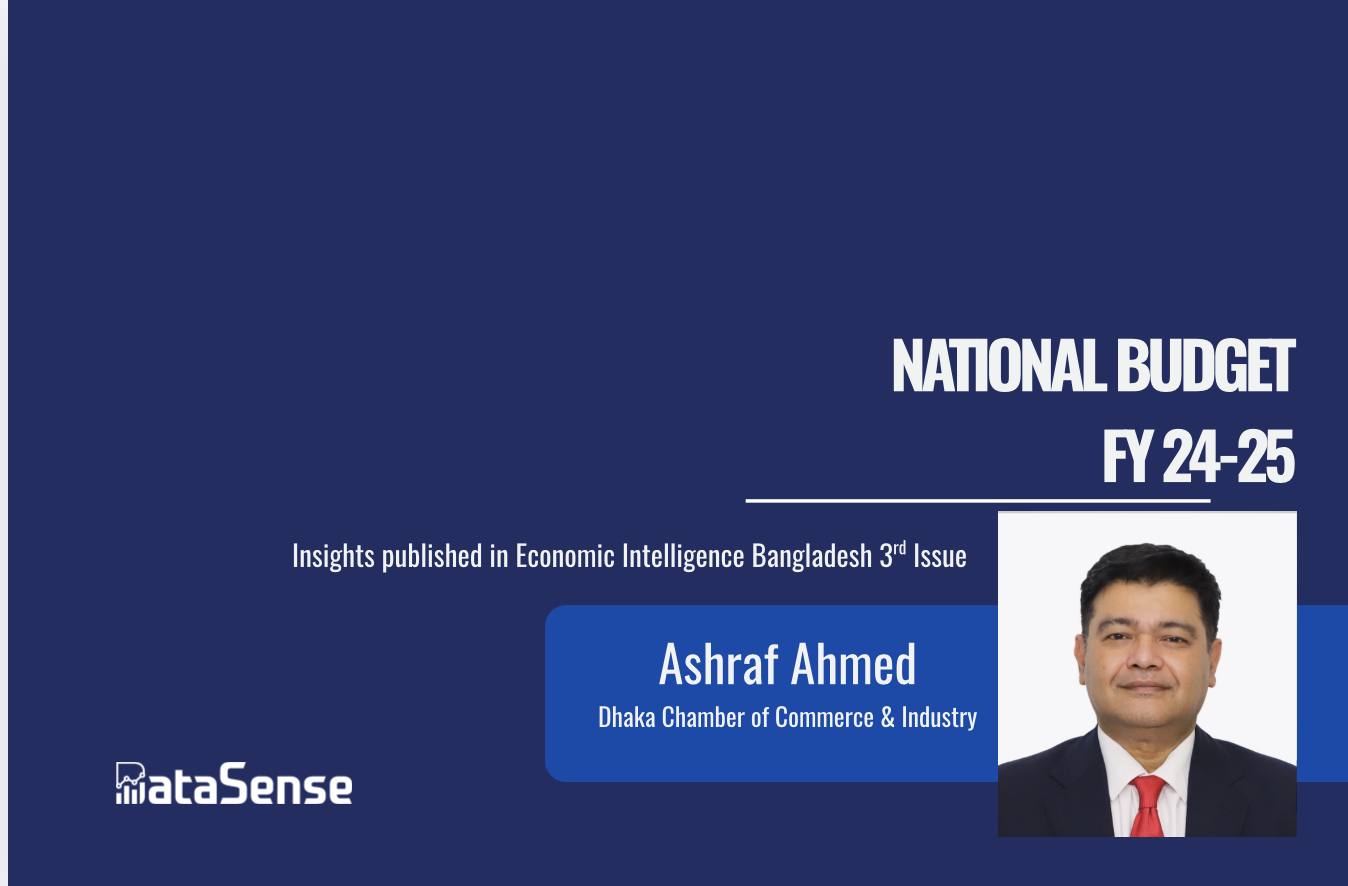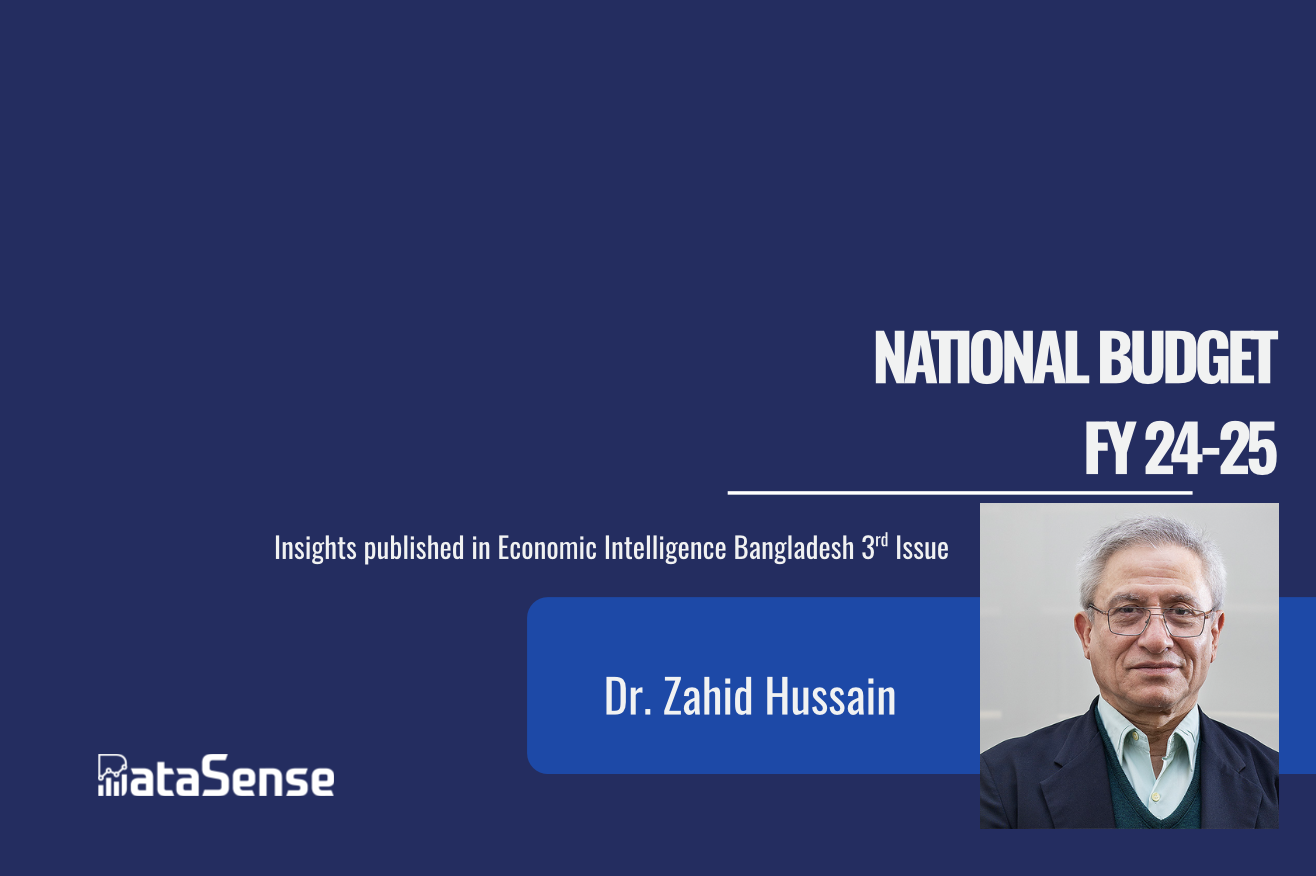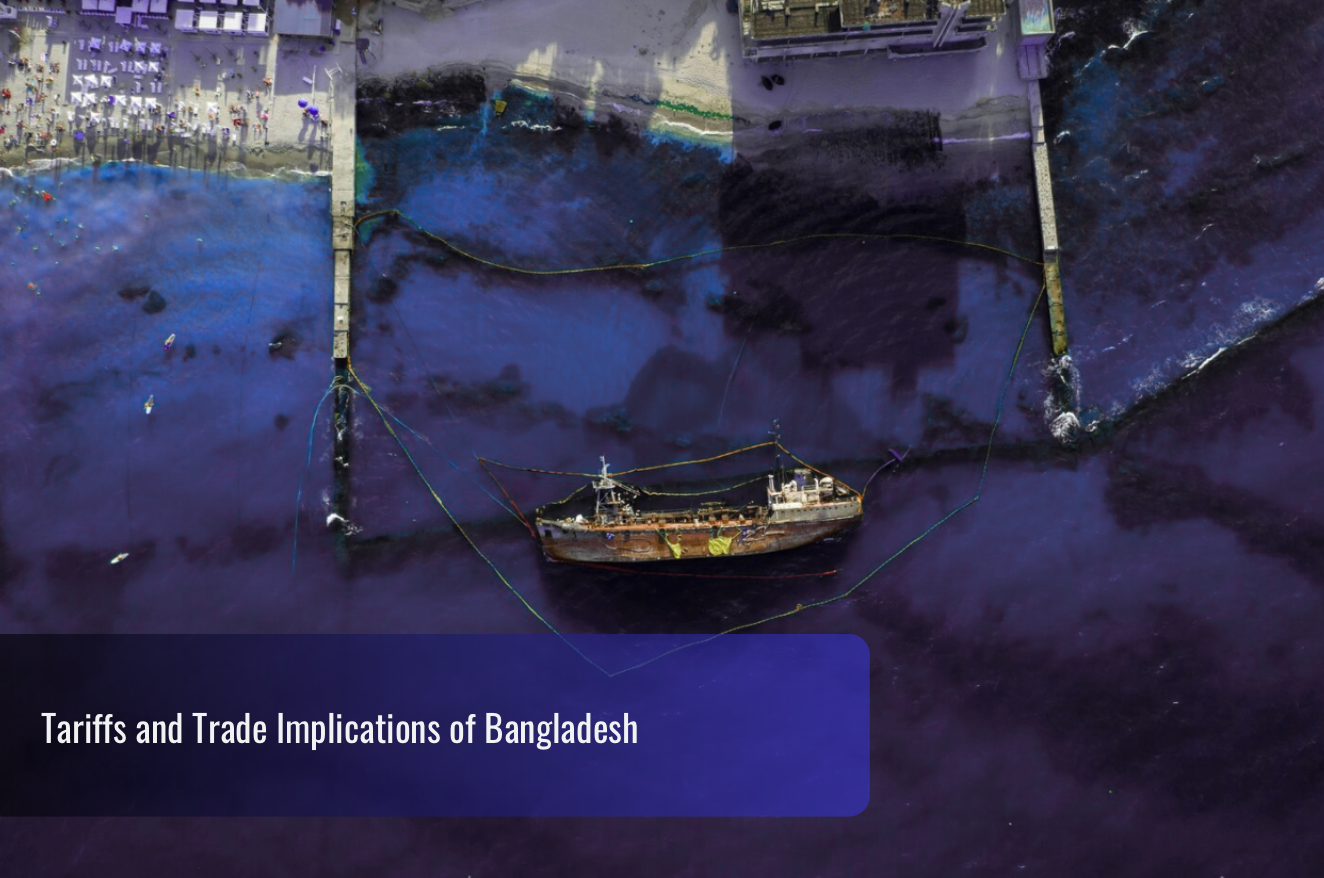
Tariffs and Trade Implications of Bangladesh
Bangladesh’s trade is highly vulnerable due to its concentrated reliance on the U.S. as its largest export market and ready-made garments (RMG) as its primary export product. While the recent U.S. tariffs have created shocks across global markets, Bangladesh has secured a favourable tariff rate compared to competitors, albeit with

